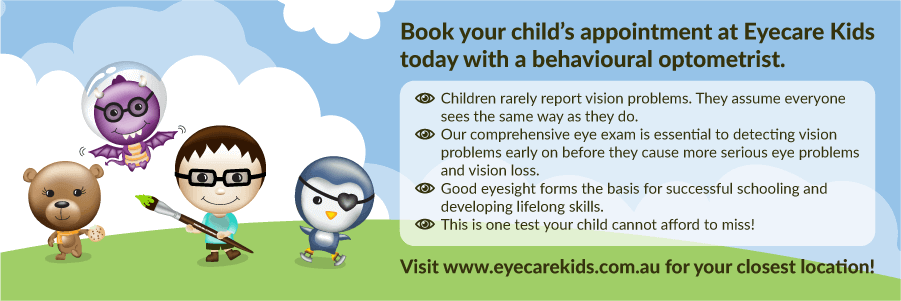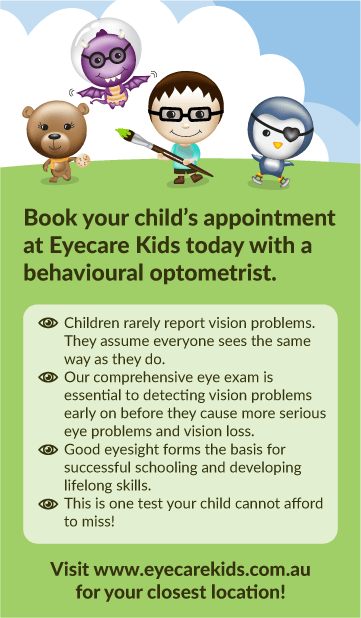As Optometrists, the most common phrase we hear after testing a kid’s eyes are “Can you please tell my son/daughter that using the iPad/iPhone/Tablet/Computer is bad and they should only use it for half an hour”. Now everyone knows that in some way or another that using these devices are not good for their kids, however most don’t know why and what issues it can cause. Not only this, but these devices are eating away at our social lives not just in children, but in everyone!
Here’s a blog from our lovely friends Michelle over at Hairy Thought Buster.
Help! I’m addicted to my phone!
Hi, my name’s Michelle. And I’m addicted to my phone.
I’ve been using my iPhone going on 4 years now. I’m not sure how I ever lived without it, to be honest.
I’ve managed to stay away from Candy Crush, FarmVille and more recently Pokemon Go.
But Facebook and e-mail are killers. And the only boundaries I have managed to put around this are – I don’t check my phone first thing in the morning. I meditate instead (with headphones on, plugged into the Pranayama breathing iPhone app.)
I use my phone whenever something occurs to me that I want to look up. My phone allows me instant gratification, no matter where I am. I would like to remember to feel grateful for this luxury next time it happens. But in the busy-ness of life, I am too often onto the next thing already.
I check my phone when I’m not clear on what it is I want to do next. It allows me to distract myself from fear of making the wrong decision.
Oh! Gene Wilder, the man who played Willy Wonka, just died? Click on the article. I wonder what the other stars from that movie look like now? Click on the link. And while we’re on the topic of child stars from yesteryear, I wonder what happened to all the kids who played the von Trapp family children from The Sound of Music? Google search. Boom. 20 minutes down the toilet. I still don’t have a clear idea of what it is I want to do next.
Facebook also tends to suck me into a vortex of time. I’ll go on there JUST to see who this person is from Nairobi who sent me a friend request, but then I see my Newsfeed….
Another terrorist attack? Oh no, what is the world coming to? Scroll down. Cute ducklings walking through an elementary school in the US. Quick smile. But not quite long enough to feel the essence and beauty of life. Scroll down. One of my Facebook friends has had another baby? Like. Maybe I should write a message, because my Facebook friend is not going to notice my “like” in the sea of 158 other likes. Type “Big congratulations, she’s gorgeous!!!” Scroll down.
What was it I was on Facebook to do again?
My children are driving me up the wall! OK, so I’ll just stop by my phone and distract myself from feeling my feelings. After all, I have 27 WhatsApp messages that suddenly all seem to be vying for my attention.
I have a spare minute? Who wants to sit with their thoughts and connect with the present moment? I’ve got to fill it in by doing something.
(Oh look at all these Facebook notifications I have – from 64 other users who are also all congratulating our mutual friend on the birth of her new baby!)
Houston, we have a problem.
And it seems I’m not alone. According to research, the average person checks their smartphone 110 times a day.
When we do this when we’re on our own, that’s one thing.
But for those of us who are parents, teachers or caregivers – when we use our smartphones in front of the kids – this creates a whole other issue entirely.
I learned (from Shelly Lefkoe’s parenting course “Parenting the Lefkoe Way”) that children are always concluding things based on their interactions with us.
So when we’re constantly on our smartphones (or tablets or computers) in front of our children – what might they be concluding?
Research has confirmed that nearly one-third of children feel unimportant when their parents are using cellphones.
And children’s negative thoughts – like “I’m not important” – if left unchallenged, can turn into negative self-esteem beliefs, that can limit them for the rest of their lives.
I know all this, and yet still I use my iPhone more often than entirely necessary in front of the kids. I struggle with it daily.
(Note: if you, the reader, have a phone addiction problem too, I am so sorry that I can’t really offer you any tried-and-tested, effective solutions…. all I can offer you is my solidarity. And a shout out to Rachel Macy Stafford, who’s written a wonderful blog and book about her journey, called “Hands Free Mama”.)
But does the fact that I still use my smartphone in front of the kids mean that it’s inevitable they will grow up thinking they’re not important? After all, isn’t “I’m not important” only a story that they’re making up about themselves because they don’t know any better?
So I came up with the idea for Hairy Thought-Buster. He’s a Superhero for young minds, who busts children’s negative thoughts with his magic popper and replaces them with positive ones.
And he appears in his first book “I Am Not Important” (which you can get a digital copy of for free at www.hairythoughtbuster.com), to help children realize the truth of their being – that they really are important even though their parents can sometimes be distracted by technology.
Because the future of our world depends on children who think that they’re important enough to make a difference. (And preferably ones who also stay focused on the task of doing so, without constantly getting distracted.)
Michelle Lowbeer is Hairy Thought-Buster’s human collaborator.
When she’s not on her iPhone, you can find her riding her scooter, attempting Acroyoga and reading Harry Potter books with her oldest daughter. But not all at the same time. Find out more at www.hairythoughtbuster.com.


